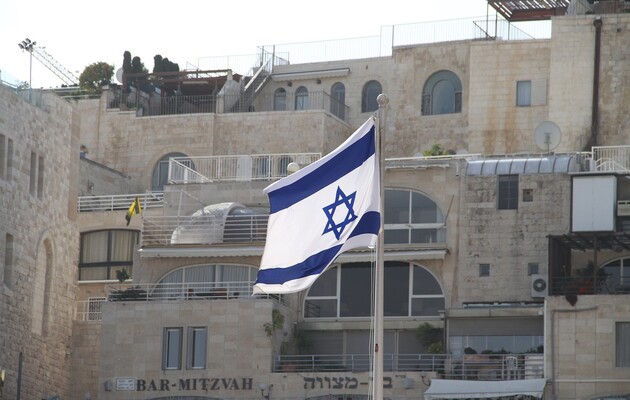Protests are taking place for the tenth week in a row.

One of the largest protests in the history of the country took place in Israel on Saturday – hundreds of thousands of people took to the streets, reports BBC People in different cities of the country come out to express their disagreement with the judicial reform implemented by Prime Minister Benjamin Netanyahu. The rallies have been going on for the tenth week in a row.
According to Channel 12, about 145,000 people came to the rally in Tel Aviv, 50,000 in Haifa and 10,000 in Be'er Sheva.
In Tel Aviv, tens of thousands of people waved banners and shouted slogans: democracy' and 'criminal power'.
Demonstrators also blocked main streets and intersections in the northern city of Karmiel.
The government wants to have a decisive vote in the selection of judges and limit the Supreme Court's ability to overturn directives or laws. According to the authorities, the judicial reform will help restore the balance between the branches of government. Protesters believe it could undermine the independence of the judiciary and endanger Israeli democracy.
In practice, this would mean that the Supreme Court would no longer be able to block laws it deems unconstitutional.
For by Netanyahu's plan, any veto can be overridden by a simple parliamentary majority of 61 votes. That is, the ruling coalition, which has the majority of seats in the Knesset, will always be able to bypass the veto of the Supreme Court.
Read also: The President of Israel undertook to reconcile Netanyahu with the opposition
The opposition believes that with his reform Netanyahu seeks to get rid of criminal responsibility. Since 2017, he has been under investigation on charges of fraud, corruption and breach of trust. If found guilty, Netanyahu faces up to 13 years in prison.
He denies the accusations, but during all the years of the investigation, he never provided evidence of his innocence. The only way for him to end this is through a law allowing parliament to overturn Supreme Court decisions.
Netanyahu's plans to reform the judiciary have drawn fierce opposition from left-wing groups, which in turn has raised concerns among business leaders, widening the already deep political divisions in Israeli society.
Netanyahu calls the protests a refusal by opponents to accept the results of the latest election, which created one of the most right-wing governments in Israel's history.
The country's president, Yitzhak Herzog, condemned the project as “repressive” and harmful to democracy, and demanded that it be immediately abandoned and the framework for consensual reform be discussed. Jerusalem's Yuval Noah Harari analyzed the situation in Israel and predicted a possible scenario for the development of events in his article “A Moment of Terrible Epiphany”. Harari hinted that he may leave Israel if the authorities do not stop destroying democracy.



